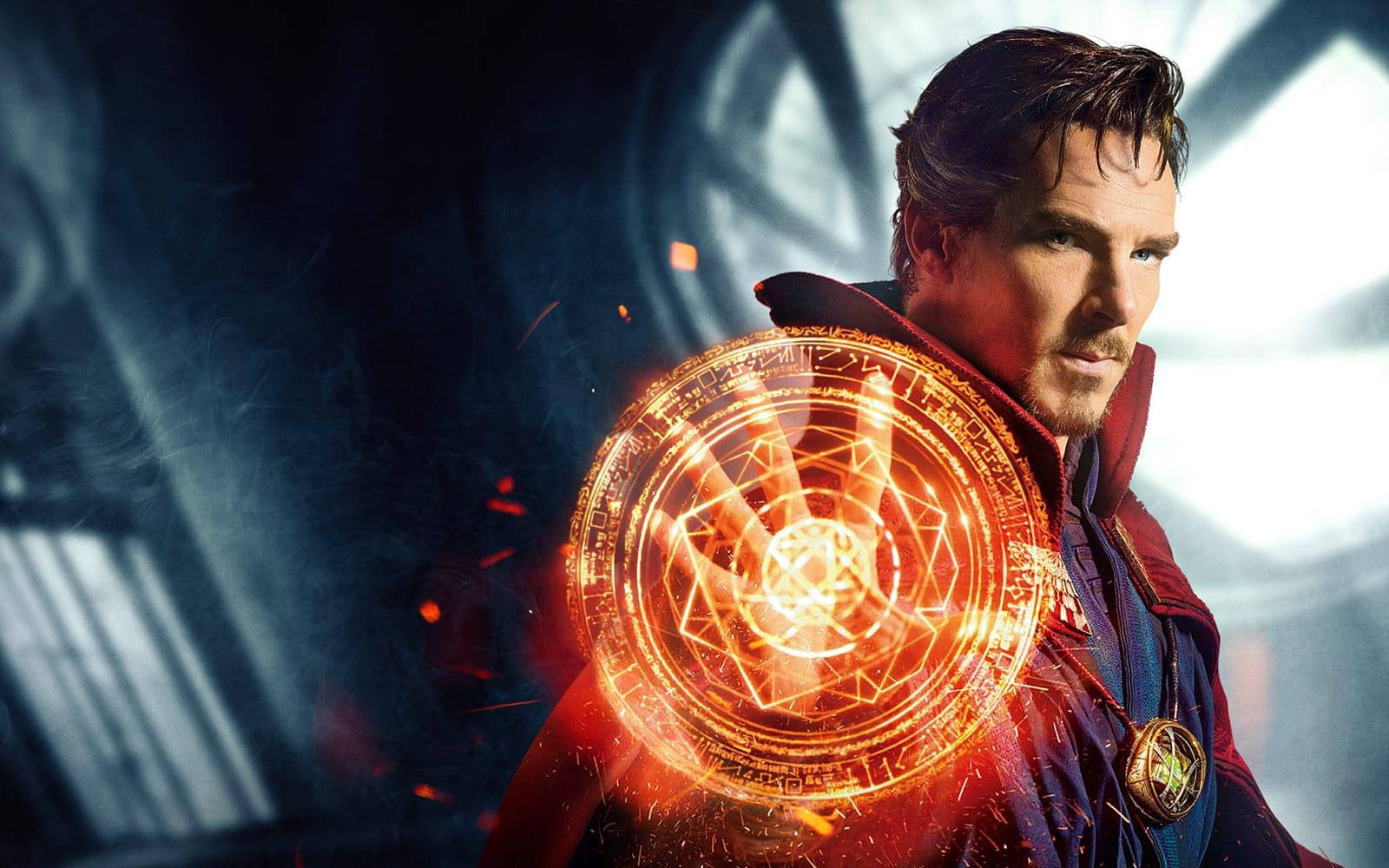
Earlier this month, Scott Derrickson announced that he would not be directing Doctor Strange in the Multiverse of Madness due to “creative differences” with Marvel. I was certainly disappointed by the news because I really liked what Derrickson had achieved with the first Doctor Strange movie, and because the sequel’s Lovecraft-ian title piqued my curiosity. And I wasn’t the only one; my fellow nerdy cinephiles expressed similar disappointment as well as conjecture concerning what, exactly, those “creative differences” were. (Whatever they were, they must not have been too bad because Derrickson is sticking around as an executive producer.)
Such is the era in which we live. The internet has certainly democratized film discussion and criticism, and enabled a million nerdy voices (myself included) to pontificate on any blessed topic. And while there’s good fun to be found in such pontification, and the nerdy debates that inevitably ensue, this democratization has also allowed nerdom’s id to run wild and free.
I was recently discussing Star Wars with some friends, and one of them remarked that nobody hates Star Wars as much as Star Wars fans. We had a good laugh at that, but he was right — and it’s not only true for Star Wars, but also for any nerdy pop culture property with a decent following. We love to tear down the things we love because they don’t live up to our (unrealistic) expectations, or betray a nostalgia-influenced sense of how it “should” be, or introduce elements we could do without — and on the reasons go.
And whatever the case, it can seem so freakin’ important in the moment. I can recall multiple nerdy debates about Star Wars, etc., where, upon further reflection, I feel a little embarrassed by my “enthusiasm.” I feel chastened for having once again defended the fantasy genre with terminal intensity, as Spaced put it so well.
Drew McWeeny recently wrote at length about the vagaries and shifting loyalties inherent to Hollywood film production. Towards the end, he specifically addresses Scott Derrickson’s departure, but more broadly, the conversation surrounding post-Endgame Marvel (emphasis mine):
I’ll close by saying that you should never get too wrapped up in any of this conversation because things change. That’s the fundamental truth underneath everything else in Hollywood. Things change. Marvel wrote the playbook for this modern era to such an extent that you could make the argument that Jon Favreau was the most influential director of the last decade. But right now, they’re more vulnerable than they’ve ever been. For many fans, the release of Avengers Endgame felt like a conclusion, and the company is starting over in many ways, both narratively and in terms of building movie stars. I wouldn’t bet against them in the long run, but I will say that I’ve never gotten more of a sense of uncertainty from them as a company. Watch the way people overreact about Scott Derrickson’s withdrawal from the Doctor Strange sequel. You’ll see plenty of hand-wringing today about what this “means.” What it actually means is that Scott Derrickson won’t direct the Doctor Strange sequel. That’s it. That’s all the genuine analysis you’re going to get today, because not one outlet is going to do the legwork to figure out why those “creative differences” came up. Instead, you’ll see massive amounts of speculation, and you’ll see people assigning motive they cannot possibly understand. You’ll see people talking about what this means to the company as a whole, and how things are “out of control.” Every creative fluctuation behind the scenes on these megafranchises sends fans into crazy spirals of what is essentially fan fiction about the filmmakers. Reddit loves to tell you what Kathy Kennedy is thinking, even though Reddit has no fucking clue what Kathy Kennedy is thinking.
I particularly love this sentence: “Every creative fluctuation behind the scenes on these megafranchises sends fans into crazy spirals of what is essentially fan fiction about the filmmakers.”
Listen, I get it: To be a nerd is to be passionate, whether it’s about Star Wars, Star Trek, your favorite comic books, Dungeons & Dragons, etc. And that passion is what’s so great about nerdom; it can lead to identity, creativity, and community — and yes, good-natured ribbing and nitpicking. (And for what it’s worth, I still stand by my reviews of The Rise of Skywalker and The Last Jedi.) But that same passion can also be what’s so terrible about nerdom, leading to everything from incessant nitpicking to truly awful behavior (e.g., gatekeeping, shaming, toxicity) that pops up in what should be the most innocuous of places.
Us nerds like to dig deep and obsess over even the most seemingly insignificant details and bits of trivia — it’s what we do. But it’s easy to get in so deep, to become so obsessed with minutiae, that we mistake whatever we’ve uncovered for actual information rather than mere rumor and conjecture. And of course, social media makes it ridiculously easy to blast that conjecture out into the media landscape, adding further noise and chaos to the existing pandemonium.
I’m not going to tell my fellow nerds to relax because it’s just a movie or whatever (although I think Mystery Science Theater 3000 was on to something there). But at the same time, it really does behoove us to step back, take a breather, and realize that not every “creative fluctuation” needs to be dissected, analyzed, lamented, etc. Perhaps that’ll result in fewer hot takes by any number of nerdy blogs and Twitter accounts out there, but I’m thinking that’s a good thing.